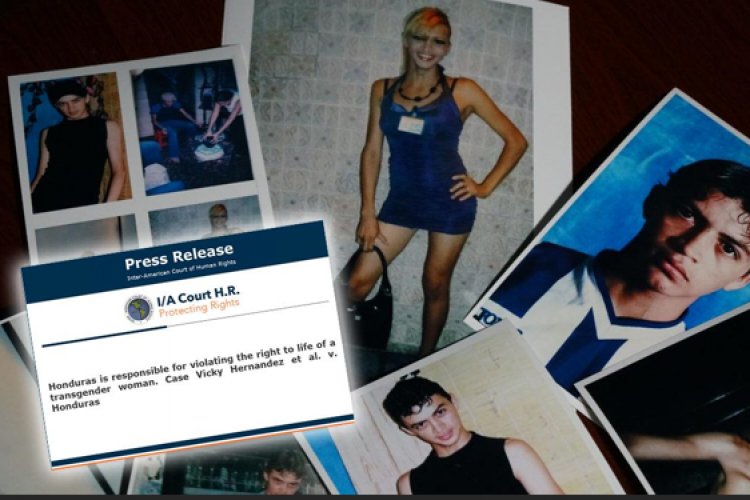Author: João Victor Stuart
GHRD Coordinator: International Justice and Human Rights team
LLB Federal University of Rio de Janeiro, Brazil.
Vicky Hernandez ET Al v. Honduras


Author: João Victor Stuart
GHRD Coordinator: International Justice and Human Rights team
LLB Federal University of Rio de Janeiro, Brazil.
Comments